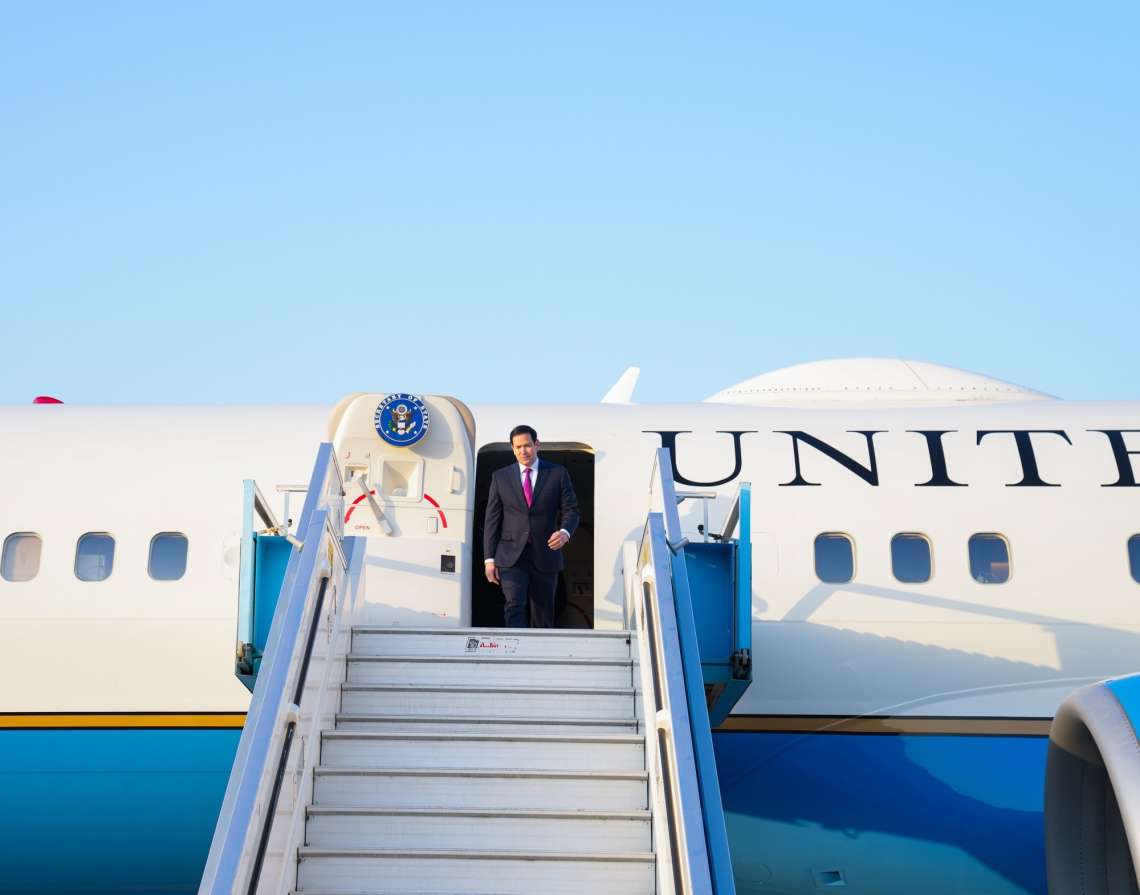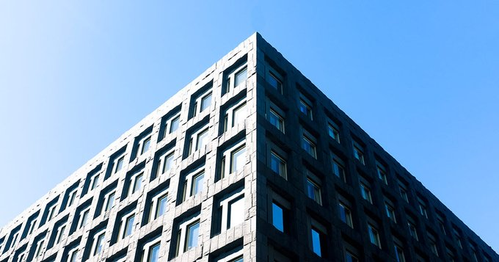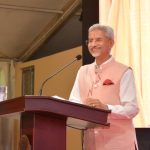India said the process “could well go on for yet another 75 years without any progress whatsoever in the direction of genuine reform” unless there were changes in the procedure, reports Arul Louis
For the 25th time, the UN General Assembly has pushed the negotiations for the Security Council reforms to its next session and India has warned it go on for 75 more years without first reforming the negotiating process.
Calling the failure of the negotiations to again make headway a “wasted opportunity”, India’s Permanent Representative Ruchira Kamboj said on Thursday that the process “could well go on for yet another 75 years without any progress whatsoever in the direction of genuine reform” unless there were changes in the procedure.
She said that the Intergovernmental Negotiations (IGN), as the process is called, could not progress unless the Assembly rules of procedure and a single negotiating text were adopted for it.
As it has done every session since the IGN began in 2009, the Assembly voted by consensus to roll over the negotiations to its next session which starts in September.
The main barrier to progress is the opposition from a small group of countries headed by Italy and which includes Pakistan to the adoption of a negotiating text on which to base the discussions for reform.
“This state of affairs is clearly in the interest of those who seek a status quo, to keep this process frozen in repetitive cycles,” Kamboj said.
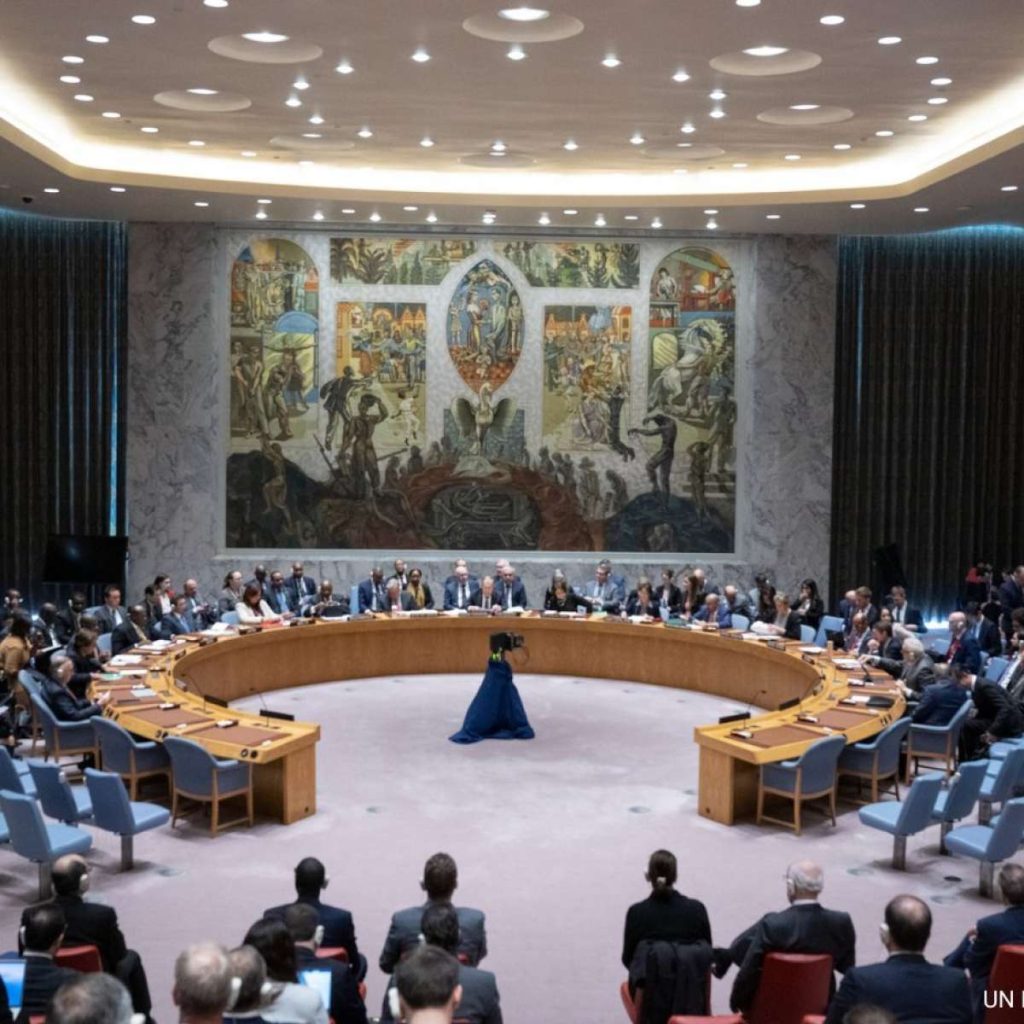
India will “persist with our efforts to move from repetitive speeches to text-based negotiations”, she said while cautioning that “looking beyond the IGN looks increasingly to us as the only viable pathway to a future UN Security Council that would better reflect the world of today”.
The Permanent Representative of St Vincent and Grenadines, Inga Rhonda King, speaking on behalf of the L.69 group, gave a similar warning and said: “If we continue to fail to produce tangible results that can move us closer to the widest possible political acceptance on the issue of Security Council reform, then we risk the possibility of the international community finding another forum within which it can arrive at an alternative solution.”
The L.69 is a group of over 30 developing nations from across the world working to reform the Council.
King added: “Failure to make progress on Security Council reform continues to pose a real threat to our credibility and legitimacy and indirectly perpetuates the Security Council’s inability to transform situations on the ground in a manner that maintains international peace and security.”
General Assembly President Csaba Korosi pointed to small progress made in the IGN process by making it transparent and improving the record-keeping and said that they are “they are practical steps in the right direction, and quite useful ones”, although they are not breakthroughs.
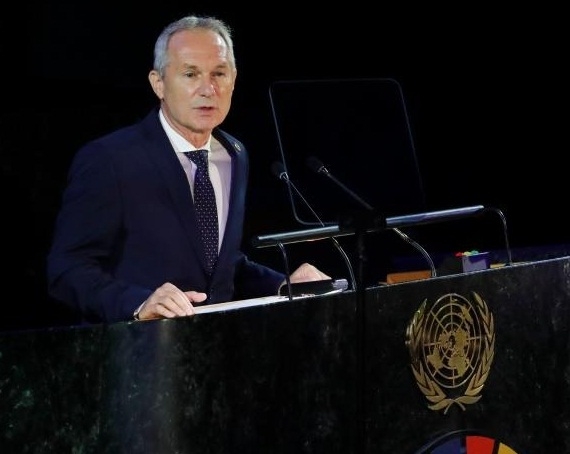
“For the first time in the history of these negotiations, the first segments of the IGN meetings are now webcast,” he said, and a website has been set up to maintain records.
It is up to member countries “to show political will for the reform you want to see… True political commitments are key to rebuilding trust and reviving the spirit of cooperation in the UN and beyond”, he added.
ALSO READ: Ajay Banga named in 2023 list of ‘Great Immigrants’



